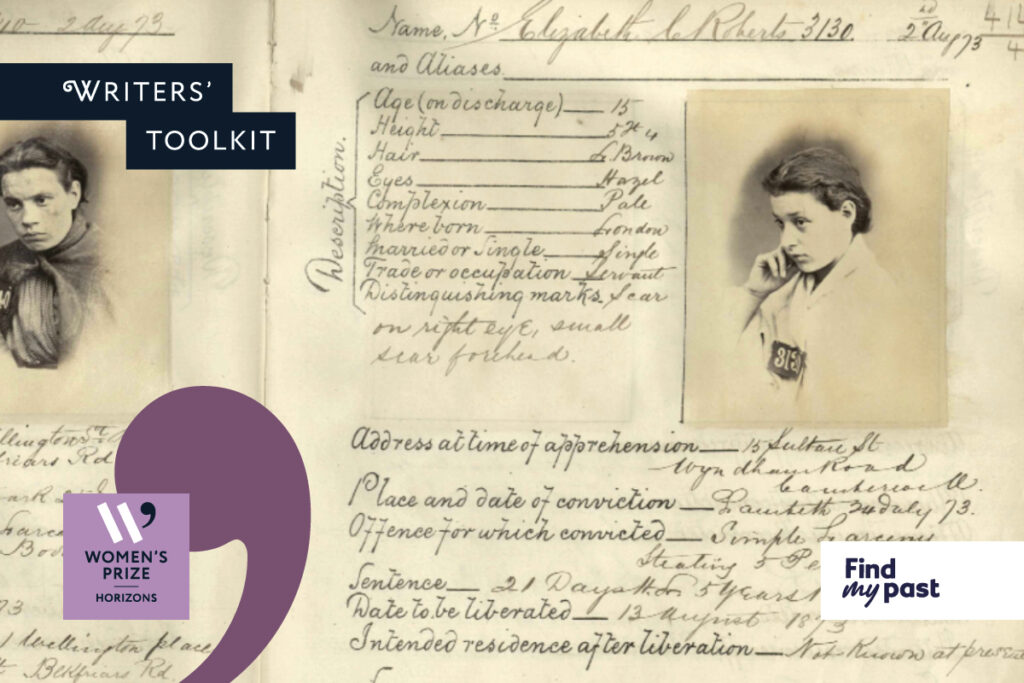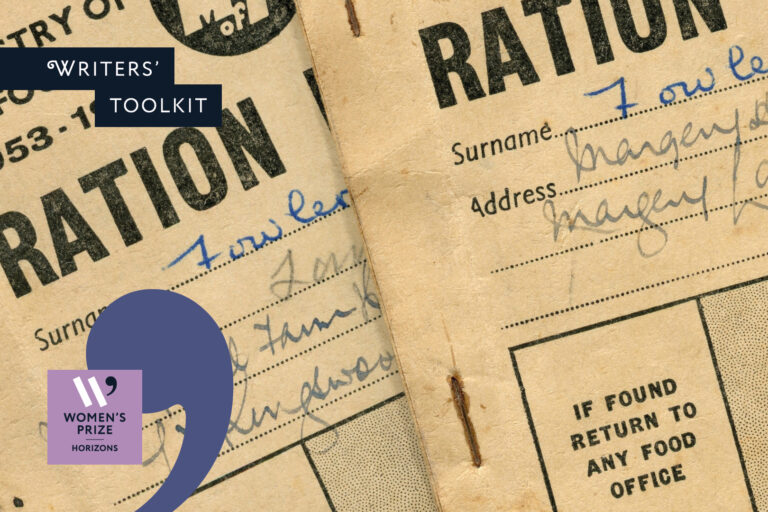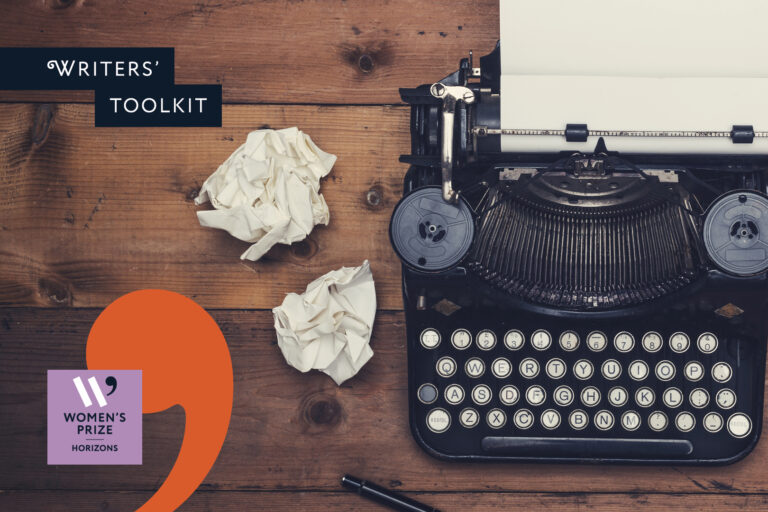Women’s lives, experiences, and voices have oftentimes been obscured from mainstream narratives. However, by exploring historical records produced about, for, and by women, writers can enrich their arguments with historical evidence from the past. Findmypast, sponsor of the Women’s Prize for Non-Fiction, brings you extensive and rich resources on women’s history to do precisely that.
About Women
Women’s contributions have been recorded in a myriad of records that reflect the multiplicity of female experiences throughout history. For instance, British women’s involvement in the military since the First World War in England have left a strong mark in the records produced by the Women’s Royal Naval Service, the Women’s Royal Air Force, and the Women’s Army Auxiliary Corps, to name just a few. Their labour during both World Wars have also left a trace in records such as those of the Women’s Land Army, or their associated newspaper, Landswoman. All of these collections are searchable and accessible on Findmypast.
For Women
The development of the press during the Victorian era came about with one more seemingly revolutionary realisation: that women would also become a readership of their own. As such, newspaper titles with women at the centre of their focus blossomed in the United Kingdom and beyond. Some of the titles published for a female audience that can be accessed on Findmypast include The Lady’s Newspaper, The Lady’s Own Paper, The Gentlewoman, The Mother’s Companion, and The Lady of the House. Moreover, titles with a political lens, such as Women’s Gazette and Weekly News are also available. These newspapers shed light on the female experience ranging from the domestic to the militant.
By Women
Traces of female authorship are arguably scarcer, though by no means non-existent, and can also be found at Findmypast. For instance, the Suffragette collection is an excellent starting point. It provides access to the newspaper The Suffragette, later Britannia, which was edited by Christabel Pankhurst and served as the official organ of the Women’s Social and Political Union (WSPU). Founded in 1903 by the Pankhurst family, the WSPU became known for its emphasis on militant action and its motto ‘Deeds, not Words’. Furthermore, the collection contains records that capture the diverse experiences of women fighting for suffrage, from imprisonment to activism. Findmypast also provides access to the Ffolliot collection, a compilation of church records assembled by the celebrated Irish genealogist Rosemary Ffolliott, a pioneer in the field of family history. Her work was vital in preserving and conserving these invaluable records for genealogists.
Delve deeper into women’s history
The records and newspapers available at Findmypast illuminate women’s voices, highlight their contributions to history, and reveal their roles in the development of various aspects of society, making them an unmissable resource for non-fiction writers. What will you discover to inspire your next chapter?








